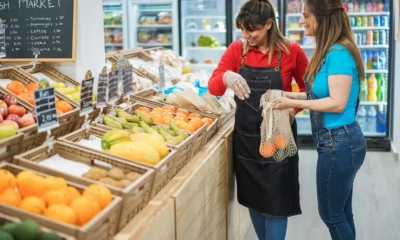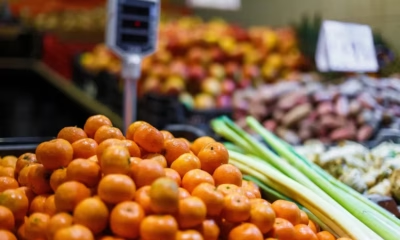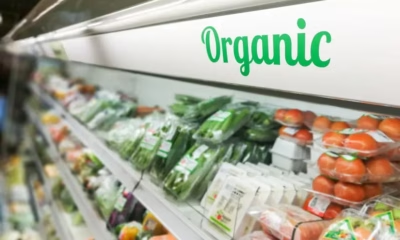Consumer Trends
Shoppers Cite Tariffs and Government Policies for Rising Grocery Prices

Shoppers Blame Government for Grocery Price Increase Reasons
Why Consumers Feel the Pressure at Checkout
Shoppers nationwide continue to feel the burden of high grocery costs. Many now point to grocery price increase reasons like tariffs and policies. According to a new report from the Feedback Group, government actions are taking most of the blame for rising prices.
The survey titled “Supermarket Shoppers: Rising Prices, Inflation, and Tariffs” revealed growing frustration across generations, especially Gen X and Millennials.
Government Policies Take the Heat
Survey data shows that 61% of shoppers feel stressed about grocery prices. That stress rises to 70% among Gen X consumers.
Government policies earned a blame score of 4.11 on a five-point scale, rising from 3.86 in 2024. This was the only factor that saw an increase in perceived responsibility year over year.
Interestingly, manufacturers and suppliers received less blame than before. Their score dropped to 3.49 from 3.75 last year.
Retailers Gain Consumer Trust
Supermarkets, while still in the spotlight, gained some consumer goodwill. Their blame score fell to 3.22 from 3.4 in 2024.
Shoppers estimate that retailers make a 30% profit on groceries. However, the real net profit sits between just 1% and 3%.
This misunderstanding adds more confusion to the public’s perception of grocery price increase reasons, but points to deep-rooted trust issues in the system.
Tariffs Add Fuel to Price Concerns
The proposed tariffs from the Trump administration are also drawing attention. About 95% of shoppers know about these upcoming trade measures.
A full 47% of shoppers are very concerned about the effect of tariffs, and 33% are somewhat concerned. Only 20% feel unconcerned.
As a result, 82% of respondents said tariffs will raise grocery prices, with nearly half expecting significant increases.
Which Products Face the Most Pressure?
Consumers worry about almost every grocery category. For example:
- 88% expect higher prices on imported goods
- 79% see fruit and vegetable prices rising
- 67% believe household products will cost more
- 65% expect processed food hikes
- 63% see price jumps in meat and poultry
This widespread concern is reshaping grocery spending habits, even among brand-loyal customers.
Shoppers Adjust Their Strategies
To manage budgets, 34% of shoppers plan to reduce grocery spending. Others will:
- Switch to store brands or cheaper options (41%)
- Use more coupons and promotions (35%)
The survey also highlighted the growing trust in private-label products. About 82% of shoppers said these products are more affordable. Additionally, 80% believe they offer comparable quality to national brands.
Final Thought: Understanding Grocery Price Increase Reasons
The survey highlights how shoppers view grocery price increase reasons through the lens of tariffs and government policy. Retailers may escape most of the blame, but they remain central to the conversation.





















